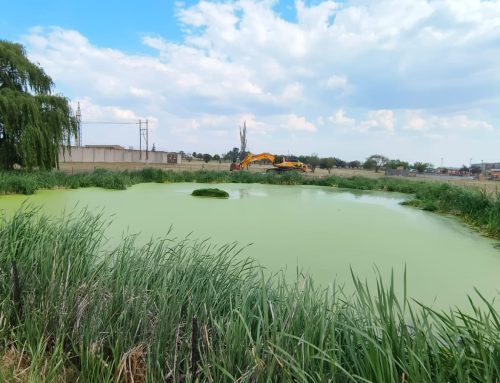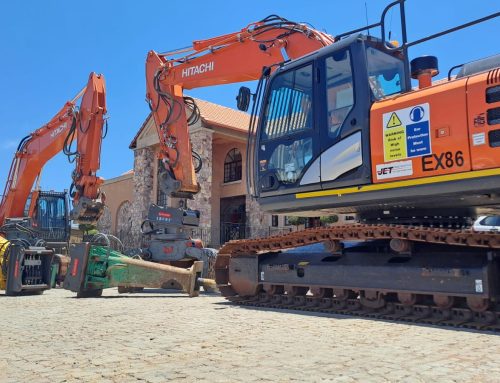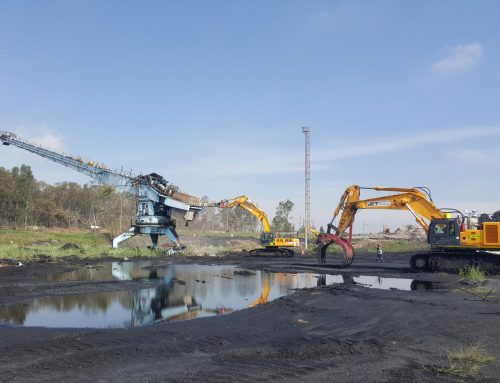SOUTH AFRICA TODAY – 13 June 2024
South Africa Today: Deploying demolition for a ‘greener’ construction industry
In acknowledgement of World Environment Day which was recently celebrated on 5 June, leading specialist Jet Demolition highlights the crucial role that demolition plays to reduce the environmental impact and carbon footprint of the construction industry. Demolition allows for the recycling of existing building materials safely and sustainably to reduce construction waste.
The construction industry is a significant contributor to global waste, generating an estimated 600 million tons of construction and demolition (C&D) waste annually in the United States alone, according to the World Economic Forum (WEF). With half of all materials extracted being used in the built environment – including non-building infrastructure like roads and bridges – about 30% of all construction materials delivered to sites result in waste.
This problem is exacerbated by the expected doubling of global material use by 2060, a third of which will be driven by the building and construction sector. Additionally, the WEF predicts that over two trillion square feet of floor space, equivalent to adding an entire New York City to the world, will be constructed every month for the next 40 years. This surge in construction contributes to approximately 40% of all global greenhouse gas emissions.
The circular economy approach is supported by the EU Construction & Demolition Waste Management Protocol and Guidelines, which provide practical methods to prevent and manage C&D waste from design to deconstruction.
Moreover, the UN Department of Economic and Social Affairs, Sustainable Development highlights that circular economy actions in the construction industry can significantly contribute to the UN Sustainable Development Goals, particularly those related to resource efficiency, waste management, and climate change mitigation.
Jet Demolition is committed to conducting its business with respect for people and the environment, responsibly using natural resources, and continually improving its safety, health, and environmental performance. The company has a dedicated Safety, Health, Environment, Risk and Quality (SHERQ) department, a Construction Industry Development Board (CIDB) rating of 9SE, and numerous awards and accreditations for excellence and innovation in the demolition industry.
Bester stresses the importance of a carefully engineered approach in large-scale, technically challenging demolition projects, dispelling the misconception that demolition is merely ‘reverse construction’. Recycling in C&D waste management is critical to reduce landfill use, lower energy consumption, offset construction industry greenhouse gas emissions, recover valuable materials, create jobs, and conserve natural resources.
“Integrating sustainable demolition practices and circular construction principles can significantly mitigate the environmental impact of the construction industry, promoting a more sustainable future,” concludes Bester.
SOURCE: https://southafricatoday.net/environment/deploying-demolition-for-a-greener-construction-industry







